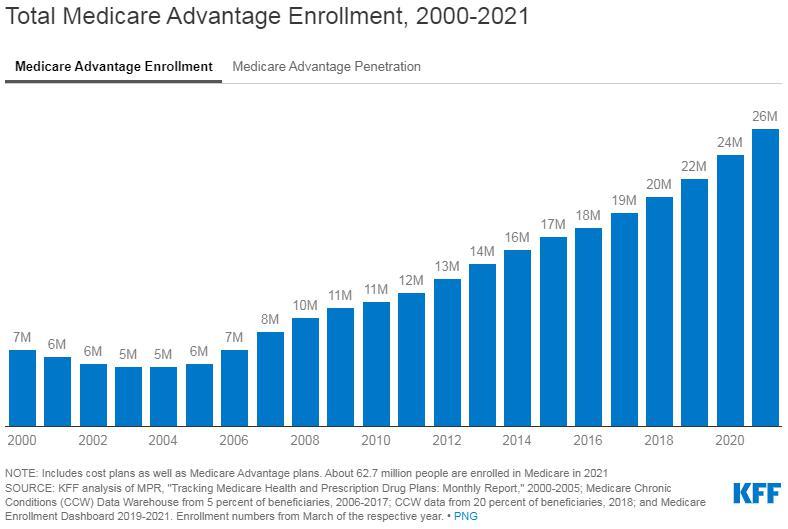
4 minute read
FDA Timing/UCLA Timing
Thursday, August 05, 2021
UCLA's Fall Quarter for most students may - or may not - begin before the FDA approves at least one vaccine. September 20 is the start date, apart from the Law School and Med School which have August start dates. UC has mandated vaccines, but FDA approval, which goes beyond the emergency authorization, would make court challenges less likely - or less likely to succeed. Originally, UC was going to wait for the FDA before imposing a mandate. The policy was subsequently accelerated.
Advertisement
From Politico:
The Food and Drug Administration is expected to approve Pfizer’s coronavirus vaccine by early September, amid a resurgence of cases that has heightened pressure on the administration to get more Americans vaccinated.
While the agency had long eyed the fall for granting full licensure, officials have recently accelerated their work, and now hope to finalize approval in a matter of weeks, according to three people familiar with the matter... An FDA spokesperson declined to provide a specific timetable for the expected approval, but confirmed that the sharp rise in Covid-19 infections driven by the Delta variant spurred the agency to speed its work...
Full story at https://subscriber.politicopro.com/article/article/2021/08/fda-targets-earlyseptember-for-approving-pfizers-covid-19-vaccine-2075360 via UCOP Daily News Clips.
Is Medicare (and ultimately UC) Disadvantaged by Medicare Advantage?
Thursday, August 05, 2021

UC retirees will be aware of the fact that during the last few years, UC has offered a "Medicare Advantage" plan as the low-cost option to retirees and emeriti receiving retiree health insurance through UCRS. The UC plan is offered through United Healthcare and labeled UC Medicare Choice.*
At one point, it seemed that UC wanted to replace its other retiree offerings - i.e., the more costly offerings - with Medicare Advantage, although it now seems that the alternative choices will remain on the menu. Still, if nothing else happens, there is always a risk of what is sometimes called a "death spiral" in which folks who feel they are a lowrisk for a major health problem select the low-cost plan, thus making the other plans more and more expensive as they accumulate just the high-risk (and thus costly) participants.
One underappreciated fact is that in the larger national Medicare marketplace, Medicare Advantage plans now represent 42% of enrollees.** Medicare Advantage plans are basically a privatized version of Medicare. Medicare pays the plan what is supposed to be a risk-adjusted premium per enrollee and turns the business of insuring those enrollees to the private provider. The private provider is supposed to follow Medicare rules with regard to eligibility for services, but the day-to-day administration is in the hands of the provider.
As the chart below shows, 26 million Medicare enrollees are in fact under these privatized plans in the U.S. The number and share of Medicare enrollees under Medicare Advantage plans has been growing for many years under both Democratic and Republican administrations. (Those folks who are calling for "Medicare for All," and who mean by that slogan a public insurance fund, don't seem to know that Medicare - if trends continue - will be a majority privately-run entity.)

Anyone who qualifies for Medicare can tell you that ads to join this or that Medicare Advantage plan (and thus quit traditional Medicare) regularly appear in the mail. Late night TV also features such ads. To make the Medicare Advantage plans attractive, the private insurers dangle extras to participants such as gym memberships. Thus, there is an interesting question. How is it that these plans are so cheap (as in the UC case)? How is it - despite the current cheapness - that private insurers are so anxious to increase their market share of the Medicare-eligible population? One possible answer is that insurers offering Medicare Advantage plans are getting too much money from Medicare per enrollee. If you are a reader of the LA Times, you may have seen Michael Hiltzik's recent column about alleged overcharging of the federal Medicare system by private insurers.*** In fact, there is a court case by the feds arguing that such overcharging is going on.**** The alleged process seems to involve overstating the risk entailed of enrollees and then getting reimbursed for more than the actual risk justifies.
The fact that there is a court case now suggests that the feds are beginning to catch on to the fact that a device that was supposed to save the government money through privatization is actually costing more. One can play out a scenario in which eventually the overcharging is eliminated and premiums for Medicare Advantage plans rise. If in the meantime, a death spiral has eliminated alternative plans, UC in particular will be offering less choice at higher cost at some point in the future.
UC can't do much about national political trends. But it can, at the local level, consider steps to preserve choice (avert a death spiral) just in case the day arises when Medicare Advantage is no longer so enticingly cheap.
* https://ucnet.universityofcalifornia.edu/compensation-and-benefits/healthplans/medical/medicare/uc-medicare-choice.html
** https://www.kff.org/medicare/issue-brief/medicare-advantage-in-2021-enrollmentupdate-and-key-trends/
*** https://www.latimes.com/business/story/2021-08-04/government-kaiser-medicarefraud
**** https://s3.documentcloud.org/documents/21031966/poehling-complaint.pdf










